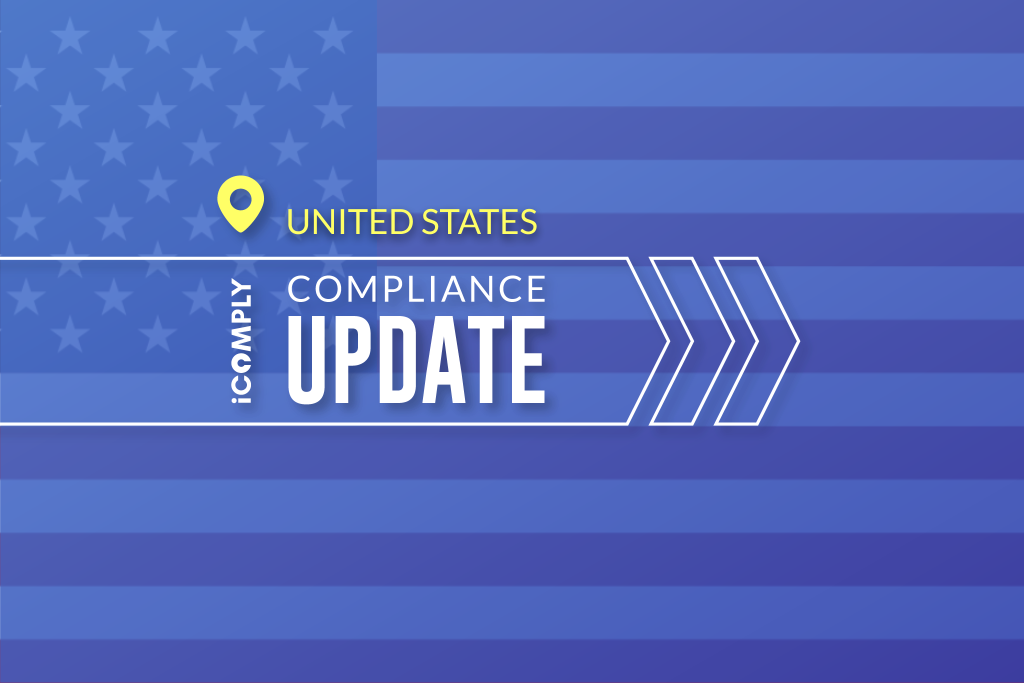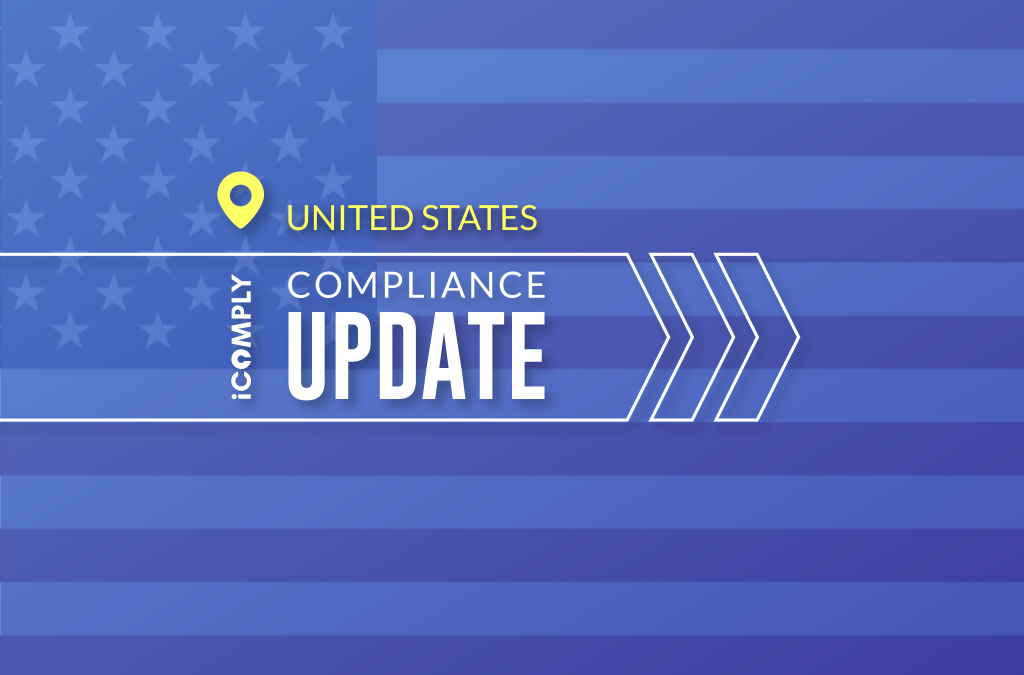SEC Ruling Issued Against BitClave ICO

Unregistered $25.5-million ICO issuer ordered to return money to investors
What Happened?
May 28, 2020: The Securities and Exchange Commission (SEC) found BitClave PTE Ltd. of San Jose, California conducted an unregistered Initial Coin Offering (ICO) between June and November 2017.
Source: https://www.sec.gov/news/press-release/2020-124
Who Is Impacted?
The 9,500+ investors who invested USD $25.5 million into BitClave’s Consumer Activity Token (CAT).
Why This Matters?
Because it was never registered as a security, the public sale of the CAT token violated the registration provisions of federal securities laws in the United States.
In the US, securities issuers must follow registration requirements, or use a registration exemption such as Reg D or Reg CF. Token issuers that use US exemptions must follow specific restrictions and thresholds – for both the primary sale and the secondary market of any security they issue. BitClave has been ordered by the SEC to return all the funds they acquired through this token sale.
What’s Next?
Without admitting or denying the SEC’s findings, BitClave has agreed to pay a total disgorgement of USD $25,500,000, a prejudgment interest of USD $3,444,197, and a penalty of USD $400,000. The SEC’s order also establishes a Fair Fund to return monies paid by BitClave to the 9,500+ injured investors.
Finally, BitClave has also agreed to transfer all of the remaining CAT in its possession to the fund administrator for permanent disabling, publish a notice of the SEC’s order through their site, and request the removal of CAT from all virtual asset trading platforms currently listed for sale or trade.
learn more
Is your AML compliance too expensive, time-consuming, or ineffective?
iComply enables financial services providers to reduce costs, risk, and complexity and improve staff capacity, effectiveness, and customer experience.
Request a demo today.
Overcoming Challenges in Digital Identity Verification for Enhanced Security
In an increasingly digital world, verifying the identity of individuals in online networks has become an essential part of security and compliance measures. With users from all over the globe utilizing digital applications to handle their banking, asset management,...
The Impact of Neobanks on AML and KYC Compliance: Ensuring Security in a Decentralized Era
As global financial institutions collectively face the reality of managing a consumer base that has aggressively adopted an increasingly digital presence, traditional banks are also facing a rising challenge in competing against a rapidly decentralizing model of...
Implementing Client Due Diligence in Credit Unions: Protecting Members and Ensuring Compliance
The evolving financial and political climate of 2023 and a post-pandemic market have left financial institutions and credit unions facing unique challenges as they navigate the new and growing risks associated with conducting business in an increasingly digital world....




